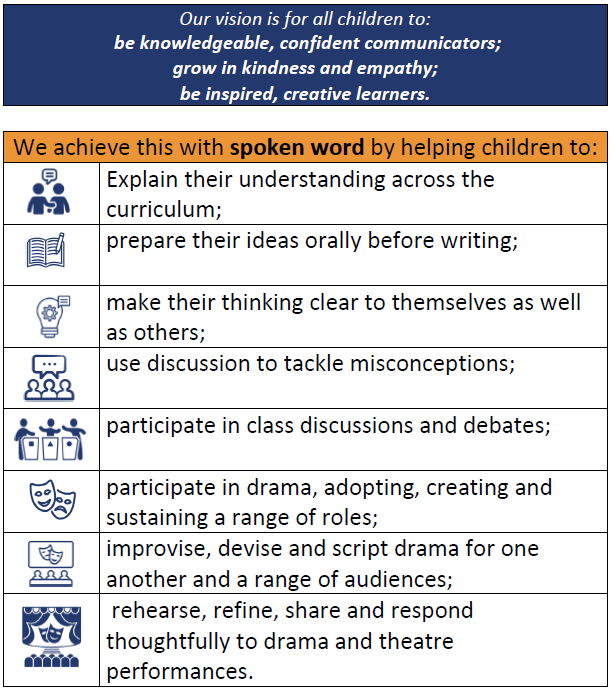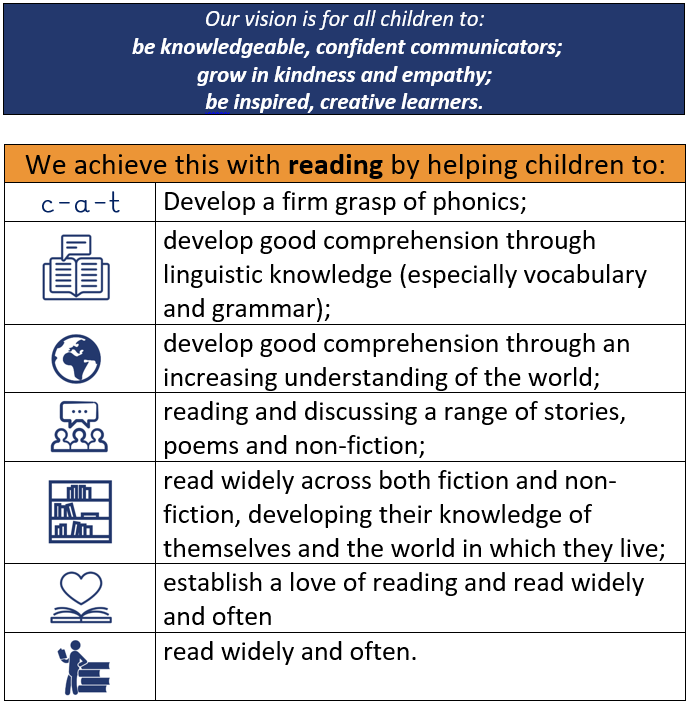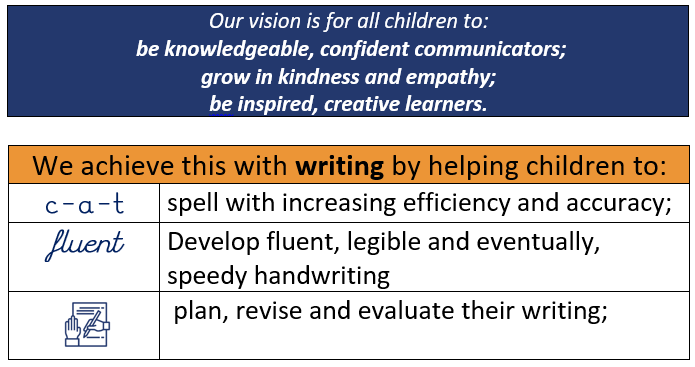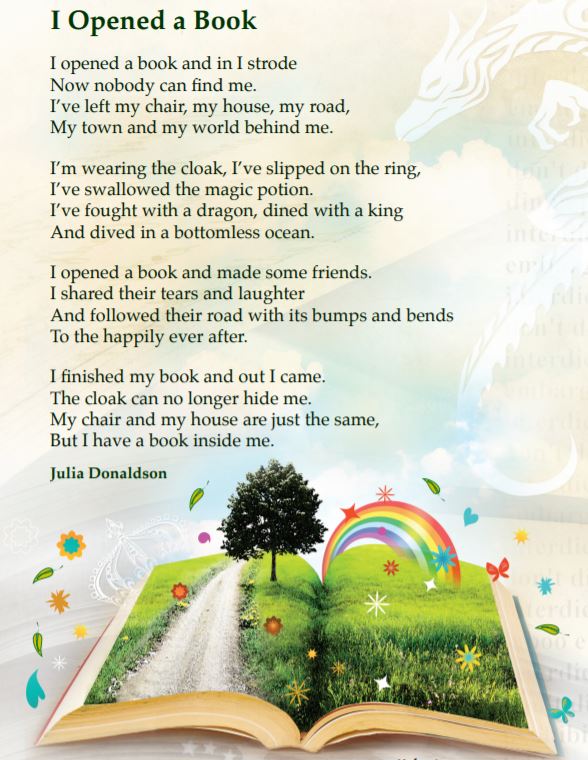English
English covers three distinct areas of learning:
- spoken word
- reading
- writing
Read below to see how we achieve our vision through each strand. View or download the documents at the foot of the page for more detailed information.
Spoken word

Reading

Our top tips on raising readers
Whether your child has just started at St Margaret’s or is preparing for secondary school, a lifelong love of reading is the best gift we can give them. Here are our 10 top tips to support children on their reading journey, whatever their age.
1. Make reading routine
Little and often is the key. Help your child choose a regular time when they can read and a comfortable spot where they won’t be distracted.
2. Read to your child – at any age
Once children can read independently, it can be tempting to just let them get on with it but research shows that being read aloud to has benefits way beyond the early years.
- For new readers, a strict diet of phonics books will quickly turn unappetising so spark their imagination and introduce them to dazzling new worlds by reading them a range of illustrated books and beginners’ chapter books.
- Developing readers are often keen to read more sophisticated books but may struggle to do so independently. But they will love mum or dad reading modern page-turners such as ‘How to Train Your Dragon’ or classics like ‘Charlie and the Chocolate Factory’ – and it’s a great way of broadening their vocabulary and stoking a love of reading.
- Reading alongside independent readers can be a great bonding experience. You can share the new worlds they’re discovering and by talking about what they’re reading, you are giving your children practise at predicting, summarising and a whole host of other skills.
3. Remember variety is the spice of life
‘Books’ comes in all shapes and sizes – graphic novels, magazines, comics, leaflets, recipes, poems, joke books, adverts, encyclopaedias all make great reading material. Feel free to make recommendations but respect your child’s preferences.
4. Visit your library
A great – and free – way to encourage your child to take ownership over what they read and give them the opportunity to explore new authors or genres. Manor House Library is a great local resource, which runs storytelling workshops and organises reading challenges to inspire young readers.
5. Use technology wisely.
Screen time can be a problem for families. However, technology can help your child's reading development at any stage of their reading journey.
- For new readers, programmes like CBeebies’ Alphablocks can help with phonics There are also a range of reading apps, including PocketPhonics and Pirate Phonics, that children enjoy. Apps are constantly evolving and being developed; use the customer ratings as a guide and always opt for the free or 'lite' version before buying.
- E-books and animated stories can be a great way for developing readers to explore new genres and learn new words. Some even come with a quick quiz at the end to see what they have understood.
- Audio books can allow independent readers to broaden their vocabulary and challenge them to summarise what they have heard.
6. Praise, praise and praise again.
Children thrive on encouragement – praise their efforts rather than their achievements.
7. Ask questions
Engaging with what your child is reading makes them feel valued. Ask questions about what they have read, what they think might happen next, which characters they like most, how the book could have ended differently.
8. Embrace unfamiliar words
In every book, there are bound to be some words a child doesn’t know. Be patient – give them time to work out the pronunciation of the word; if they remain stuck, encourage them to say the individual sounds and blend them together. If they don’t know the meaning of a word, first encourage them to use the information around the word to try to figure it out. Talk about words – their meanings, words that mean the same, words that mean the opposite.
9. Set reading goals
The home/school reading journals are an easy way to help your child set reading goals – with certificates for every 25 nights of reading. Pupils are celebrated in school assemblies when they clock up 100 nights and at the end of the year we have a non-uniform day for all pupils who have reached 200 nights. We suggest rewarding reading with a trip to the bookshop.
10. Be seen reading
Seeing a parent, carer or teacher enjoying a book can be a powerful motivator. If you want your child to be excited about reading, you need to be too.
Writing



